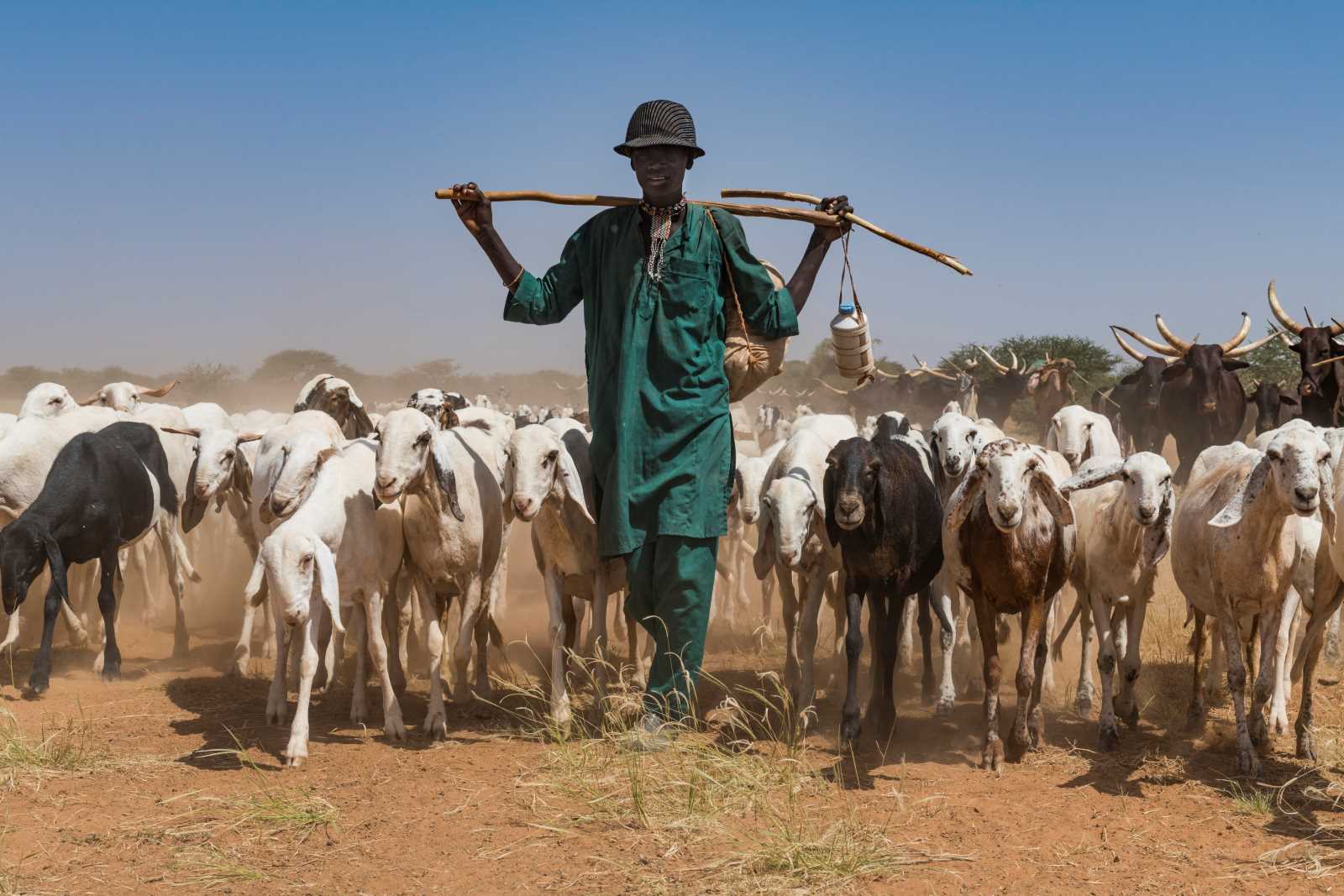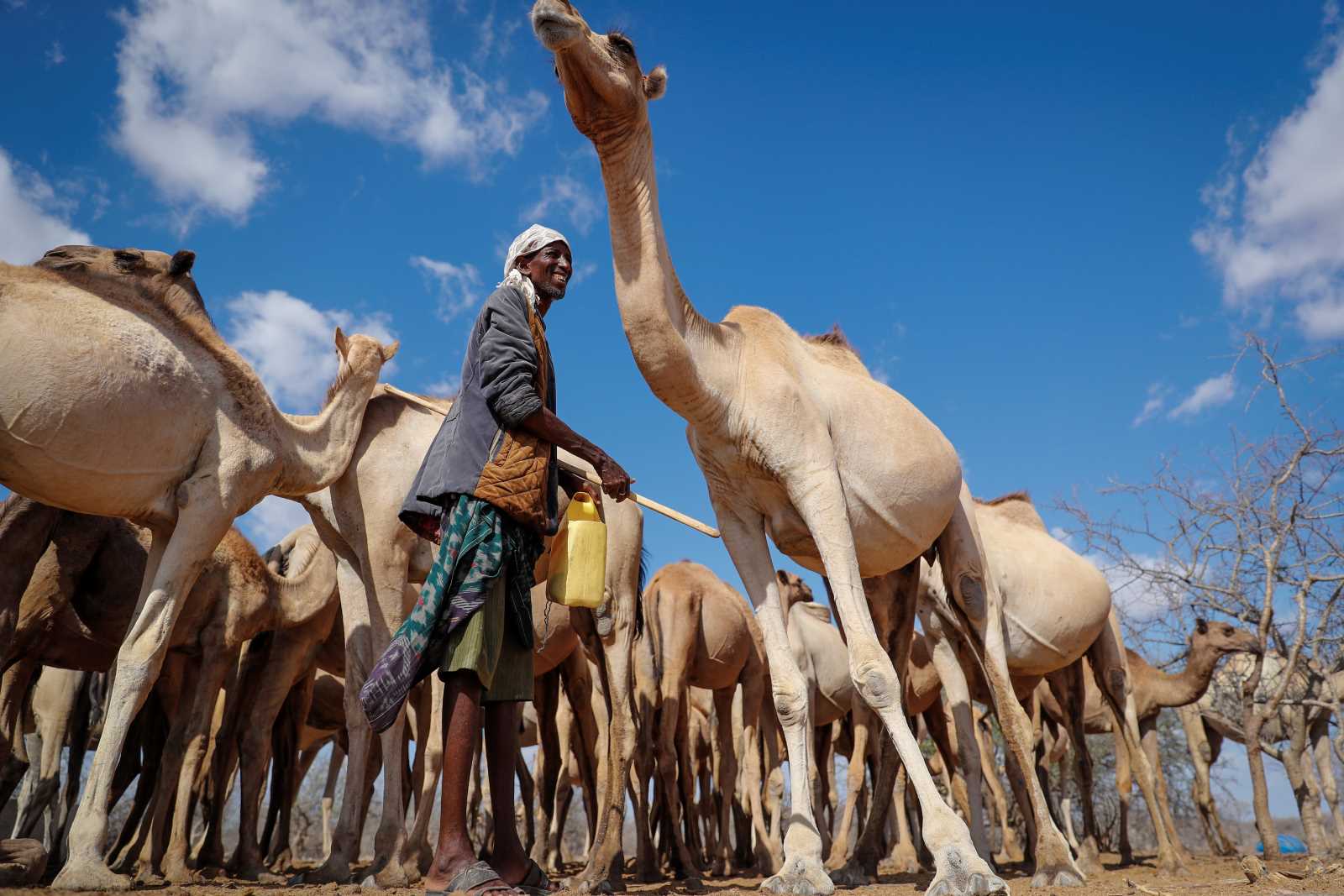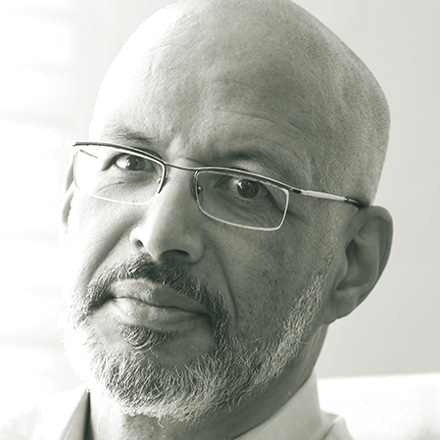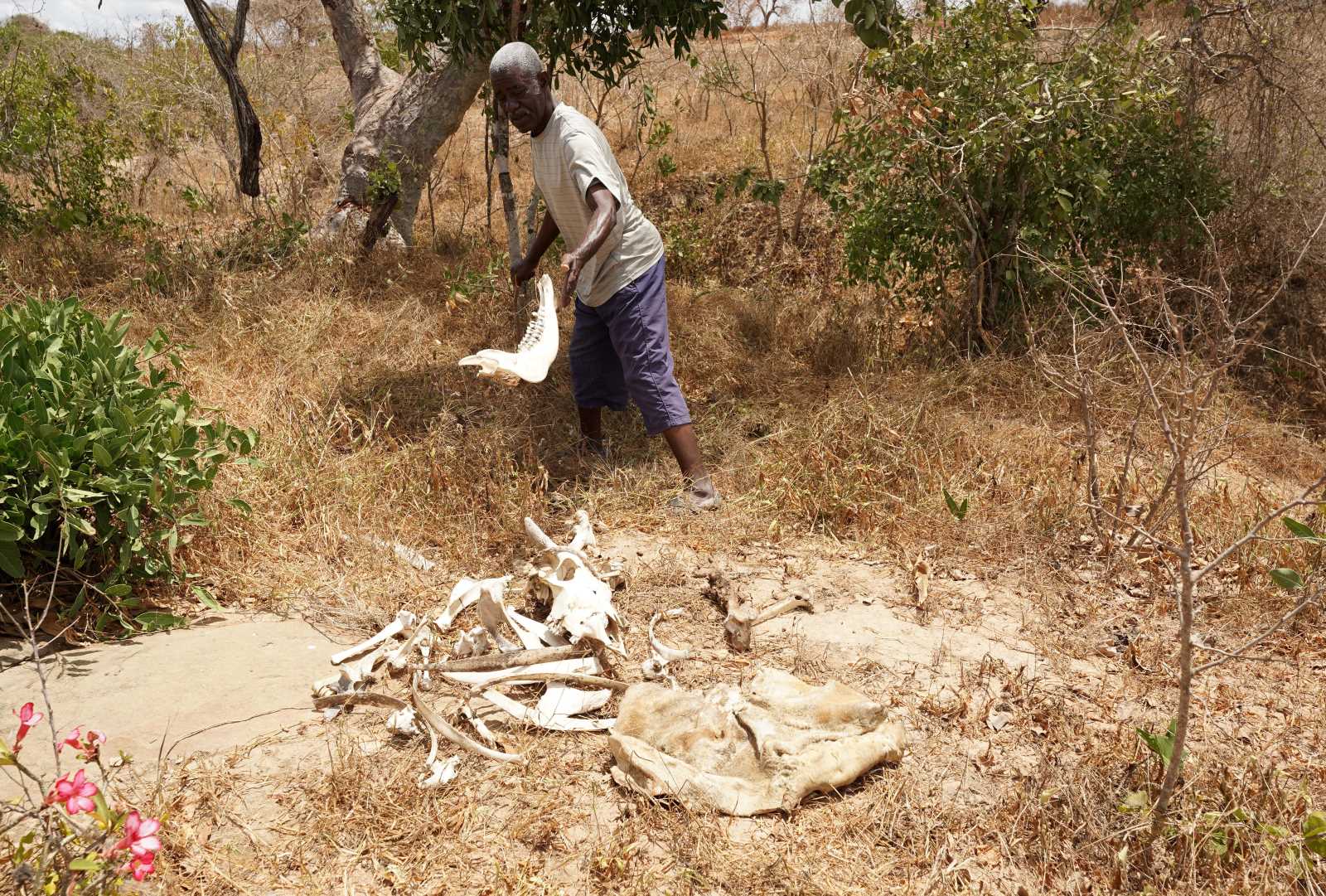Grain and oil prices
What Ukraine war has meant for Libya so far
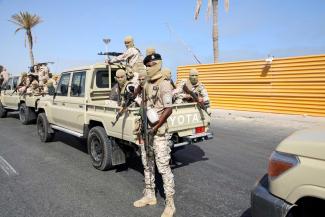
Ukraine was one of Libya’s major grain suppliers in the past and perhaps even the most important one. Michel Cousins, the British editor of the Libya Herald, and online newspaper, has said that the disruption of those imports hurt the country. However, he insists that it does have the funds to cope with higher commodity prices, in contrast to other countries in North Africa that do not benefit from the same kind or resource revenues.
Jamal Alzaidy, the editor-in-chief of the state-run newspaper Al-Sabah, agrees. In his eyes, it helps that Libya’s population of 7 million is comparatively small. Neighbouring Egypt has more than 100 million, and Tunisia 12 million. Both must do without revenues from oil exports. That makes their foreign-exchange situation more difficult, so they are less able to adjust to higher costs of importing vitally needed grain. Nonetheless, Libyans were angry about higher bread prices.
In late July, however, grain was internationally trading at about the same price level as it did when the war began. Prices had initially risen fast, and then slowly dropped again from June on. Reasons included that harvest forecasts in several world regions have improved, that Russia started selling stolen Ukrainian grain and that, in late July, a deal was struck that was expected to facilitate grain shipments on the Black Sea once more. At the beginning of August, the situation did not look tense from the Libyan perspective. The scenario may, however, change fast again.
Oil prices increased too, when the war began, and they are still about 10 % higher. The bad news for Libya is that it did not benefit, because the leaders of various armed groups have been blocking oil fields, so production stalled. The national Oil Corporation had to suspend shipments for reasons it could not control and thus referred to “force majeure” clauses. According to Cousins, “Libyan production plummeted, losing Libya billions in exports, just when that money was most needed”. The implication was that other oil-exporting countries, including Russia and Arab Gulf states, of course, wreaked in higher profits than they would have had Libya kept selling.
Fragile peace
Various militias control different parts of the country. Peace is fragile, and the country only has an interim government. The armed groups, moreover, generally depend on support from abroad. There are reasons to suspect that the sabotage of oil production was indeed meant to do more than only strengthen the hand of the commanders concerned. To some extent, it may have served the interests of those who back those commanders. Quite obviously, the persons in charge do not say so in public. The armed groups do not appreciate transparency and, beyond propaganda, do not give account to Libya’s people.
Russia, Turkey and Arab Gulf States are known to have a bearing on militias concerned. Arms have been shipped in from these countries. Moreover, the Wagner Group, a prominent Russian military service provider with a long track record of interventions in civil wars, is present in Libya. According to reports, some of its mercenaries were transferred to Ukraine when Russia launched the invasion.
According to Cousins, however, several hundred Wagner fighters are still in Libya, controlling places like Jufra airbase in the Sahara desert. Alzaidy, his fellow journalist, adds that the limited presence serves Russia’s strategic interests. After all, Libya is often called the “flaccid flank of Europe” in geo-political jargon (for more on EU and African security, see Julian Bergmann and Niels Keijzer on www.dandc.eu).
Moutaz Ali is a Libyan journalist.
ali.moutaz77@gmail.com

